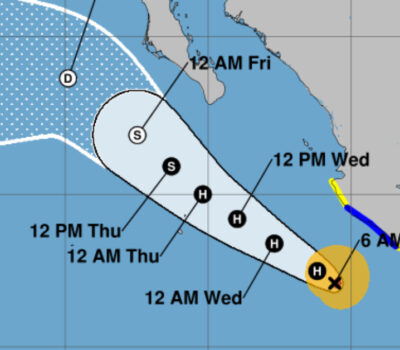Zika may cause babies to be born with severe brain damage, however, there is a high probability that the virus will help fight brain tumors in adults.
The virus emerged about four years ago and is more dangerous in pregnant women because it can cause babies to develop microcephaly (abnormally small heads) and associated neurological problems, including increasing the rate of miscarriages.
Unlike most viruses, Zika passes from the blood to the brain, where it infects and kills stem cells, having serious effects on brain development, and with that pattern the comes the ability to combat deadly brain tumors, the most caused by mutation of these cells.
Jeremy Rich, of the University of California, San Diego, and his team tested the Zika virus on glioblastoma, the most common type of brain cancer, and one of the most difficult to treat, even after surgery and other therapies, and usually causes death within a year after diagnosis.
Scientists discovered that by exposing samples of a human glioblastoma (rapid-growth tumor) in a dish with a Zika virus culture, it destroyed the cancer cells, which often kill a person as they can become resistant to all available treatments.
The team also tested the virus in normal brain cells of adults without cancer and found that it did not infect this tissue, which can explain why the Zika Virus rarely causes problems in adults.
The researchers then tested mice with glioblastomas and found that normally these rodents died within a month, but those injected with Zika lived longer, with four of nine still alive after two months .
The research group is analyzing how this will translate to people, since the disease affects mice differently than humans, but at the moment they have no plans to begin testing Zika in people with brain cancer.
For the time being, the results of the research – published in The Journal of Experimental Medicine – showed that although it is a devastating virus for babies, it could offer a surprising and new treatment to fight brain cancer in adults.
Zika may cause babies to be born with severe brain damage, however, there is a high probability that the virus will help fight brain tumors . . .












